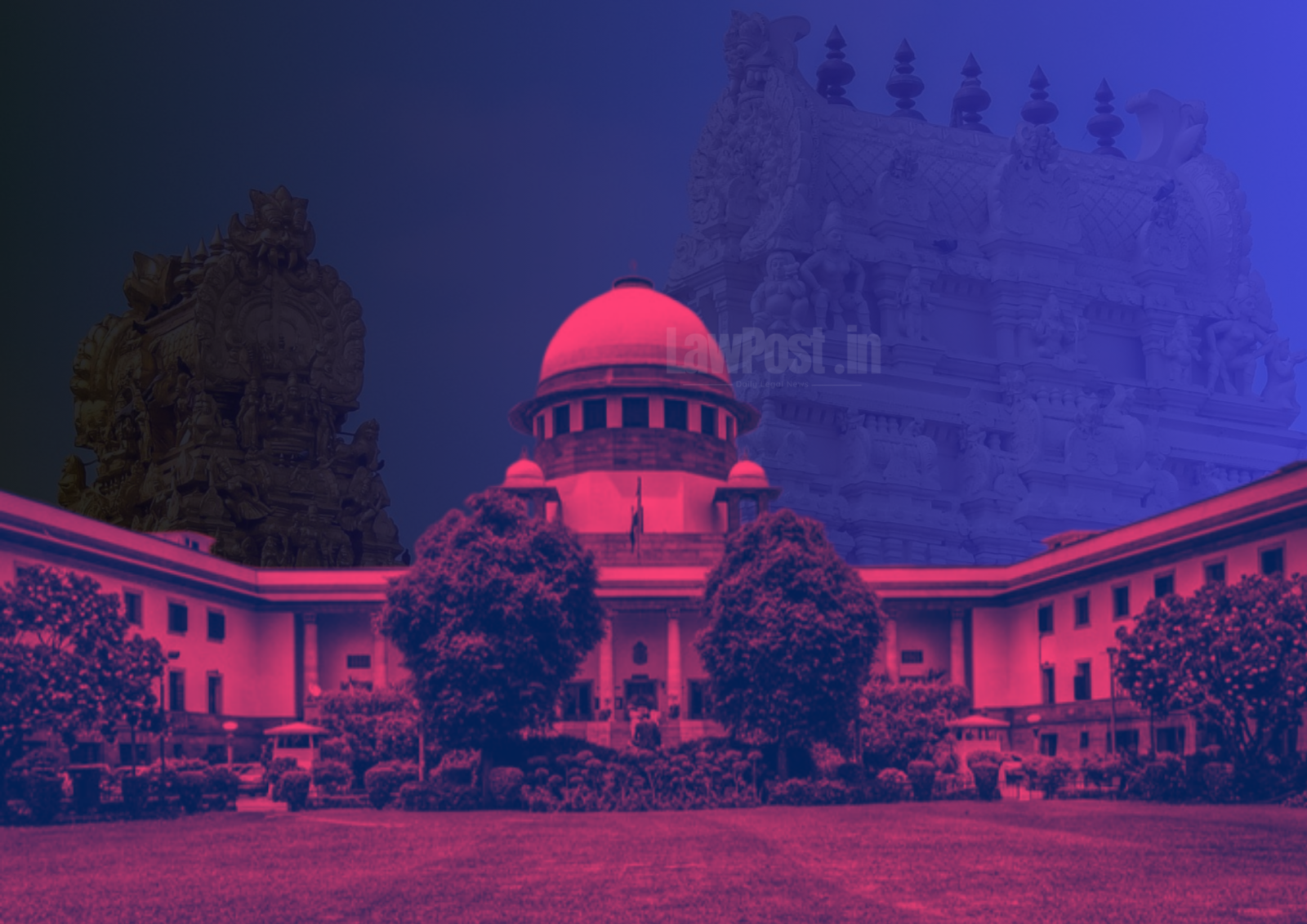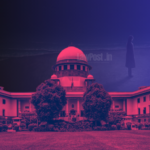Petitioners advised to rely on existing Food Safety and Standards Act provisions
The Supreme Court of India on Friday dismissed a Public Interest Litigation (PIL) seeking pan-India regulations to ensure the safety and quality of prasad—the food and water offerings distributed at temples. The Division Bench comprising Justices BR Gavai and KV Viswanathan noted that the Food Safety and Standards Act, 2006 already provides adequate remedies to address concerns about unsafe prasad.
“There are provisions under the (Food Safety) Act. You invoke them to take action,” the Bench remarked, refusing to entertain the PIL filed by Preeti Harihara Mahapatra against the Union of India and Others.
Senior Advocate Dama S Naidu, representing the petitioner, argued that the absence of enforceable regulations posed a risk to public health. “Temples are not at fault, but there has to be some regulations to govern this,” Naidu said, referring to reports of unsafe practices and urging the Court to direct the Central and State governments to implement stricter monitoring.
The Court, however, emphasized the importance of allowing the Executive to address such issues within its domain. Justice Gavai alluded to Prime Minister Narendra Modi’s recent Constitution Day address, stating, “On November 26, our Prime Minister said that Executive is performing duties within the limits. I think that’s all what we should say.”
While dismissing the plea, the Court reiterated that existing mechanisms under the Food Safety Act are sufficient to address these concerns. “FSSAI has issued guidelines,” Naidu responded, “but they lack enforcing power … Prasad distributed is going unchecked.”
The petitioner also cited recent media reports highlighting incidents of unsafe prasad distribution to strengthen their case, but the Bench advised pursuing remedies under the Food Safety Act instead.
A Related Case
The Court recently ordered a Special Investigation Team (SIT) probe into allegations of animal fat being used in the preparation of laddus at the Hindu shrine in Andhra Pradesh’s Tirumala Tirupati. Petitioners in that case included prominent individuals such as former MP Dr. Subramanian Swamy and historian Vikram Sampath.








